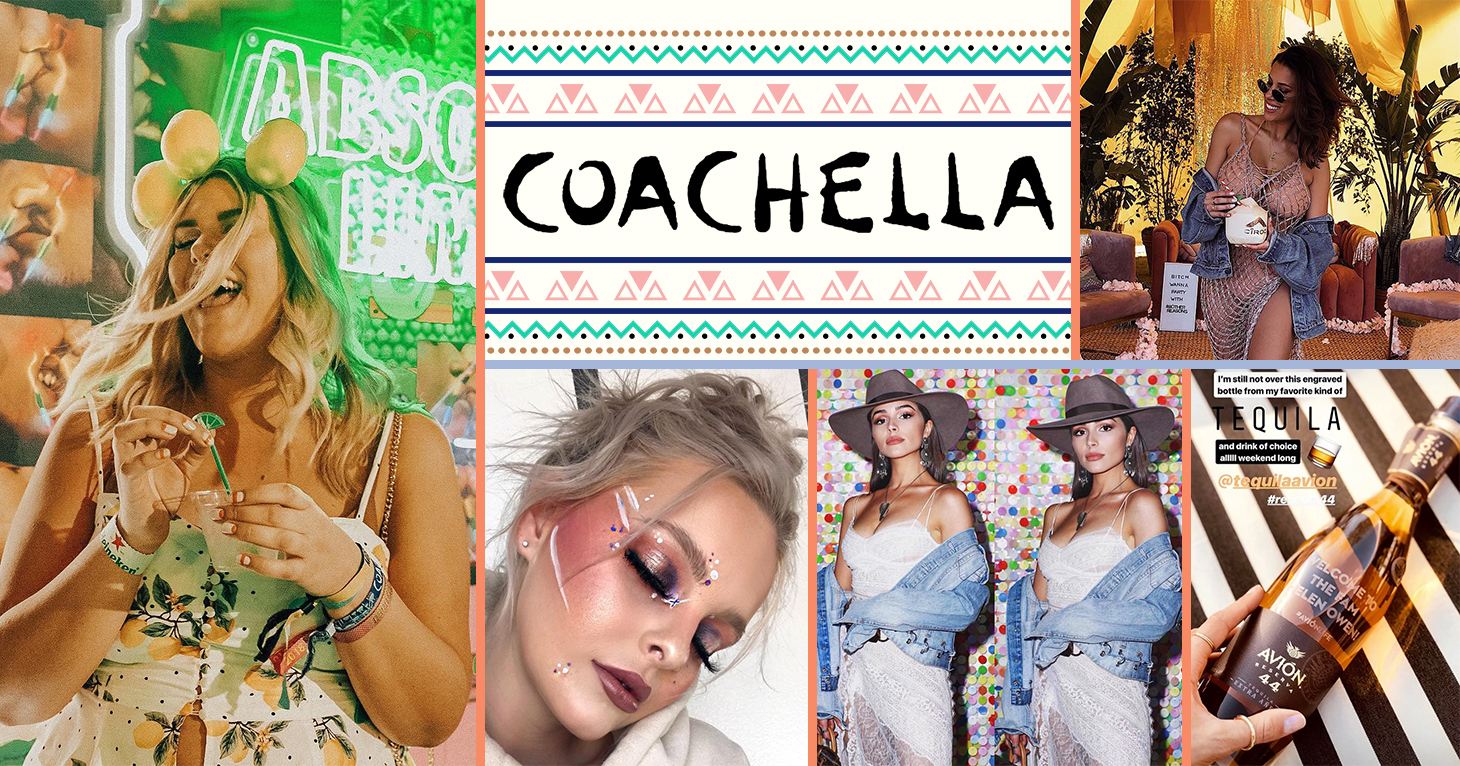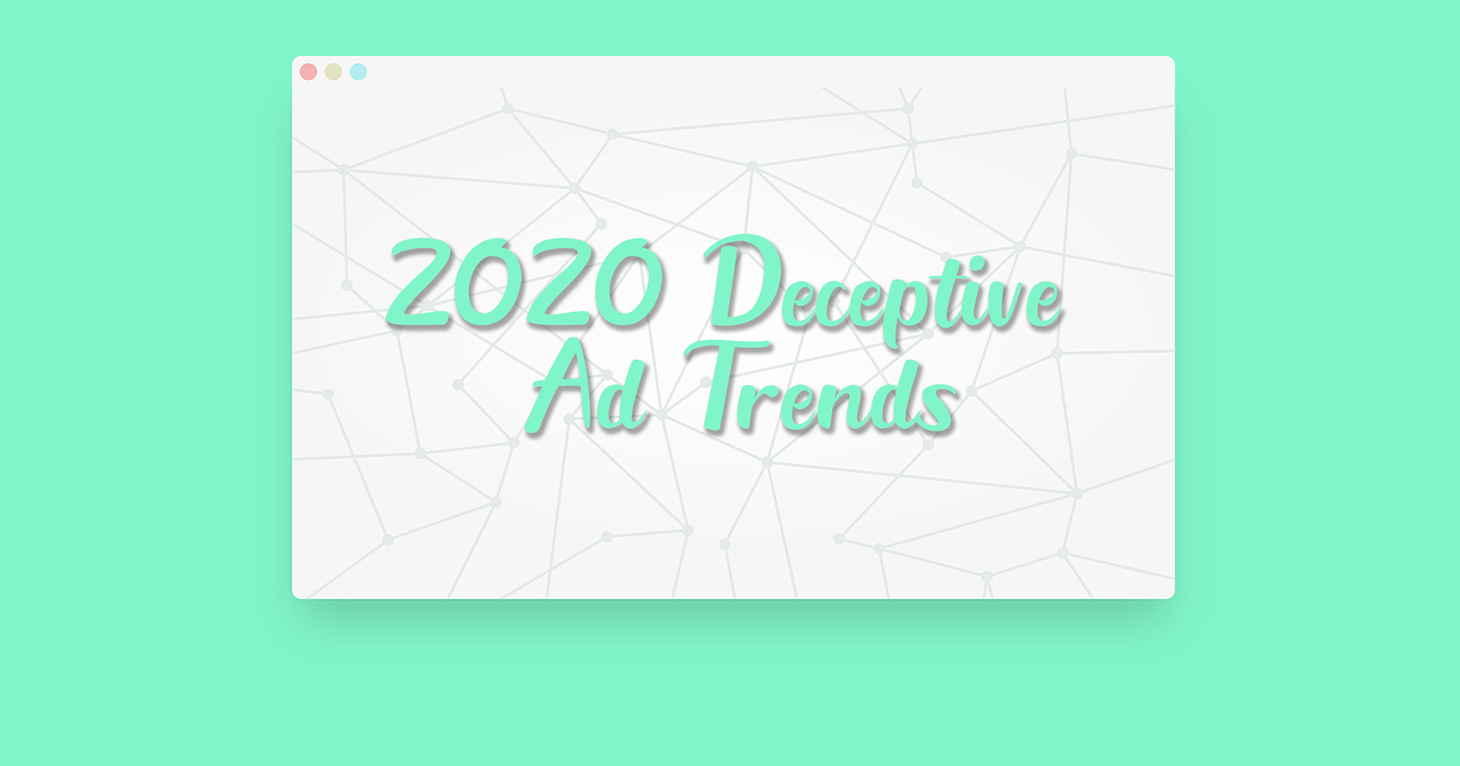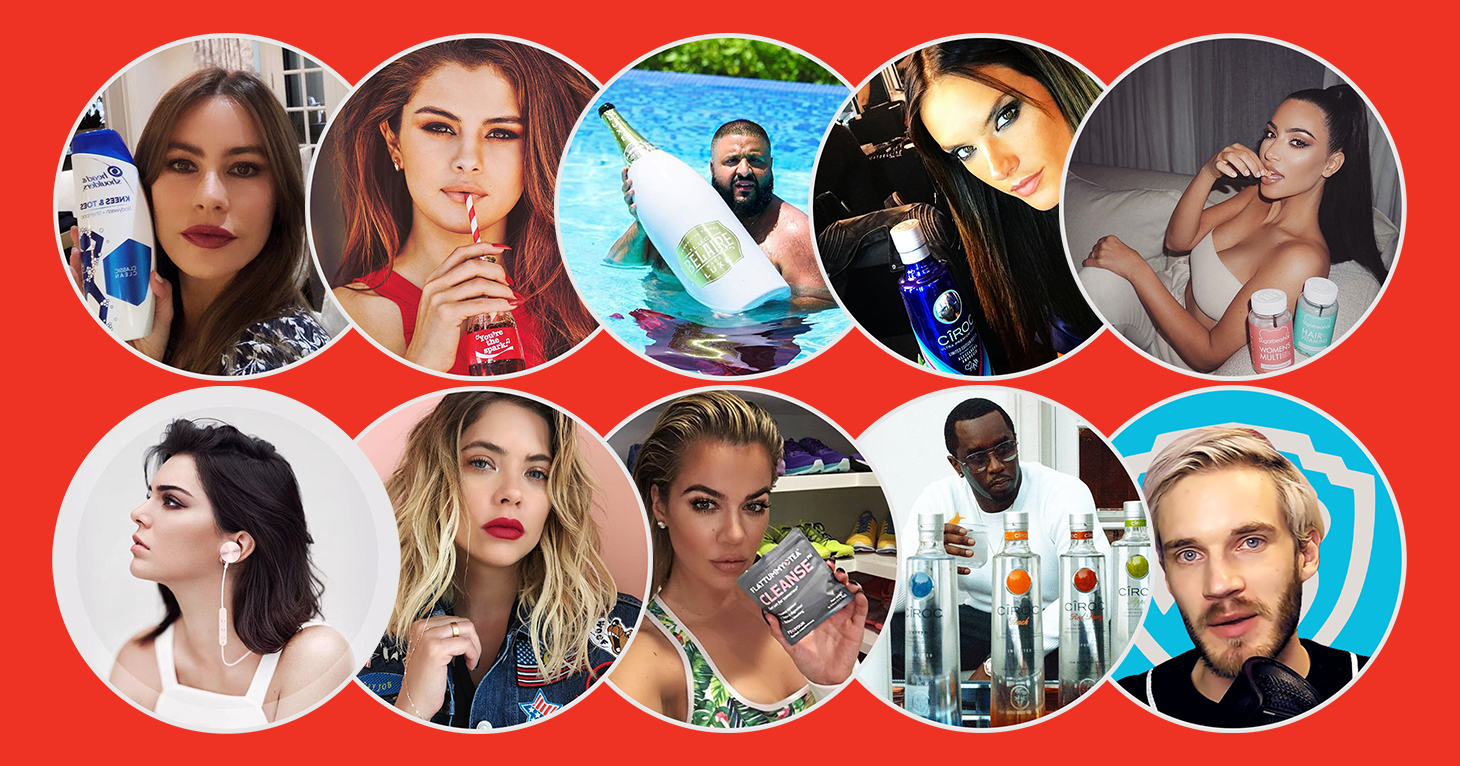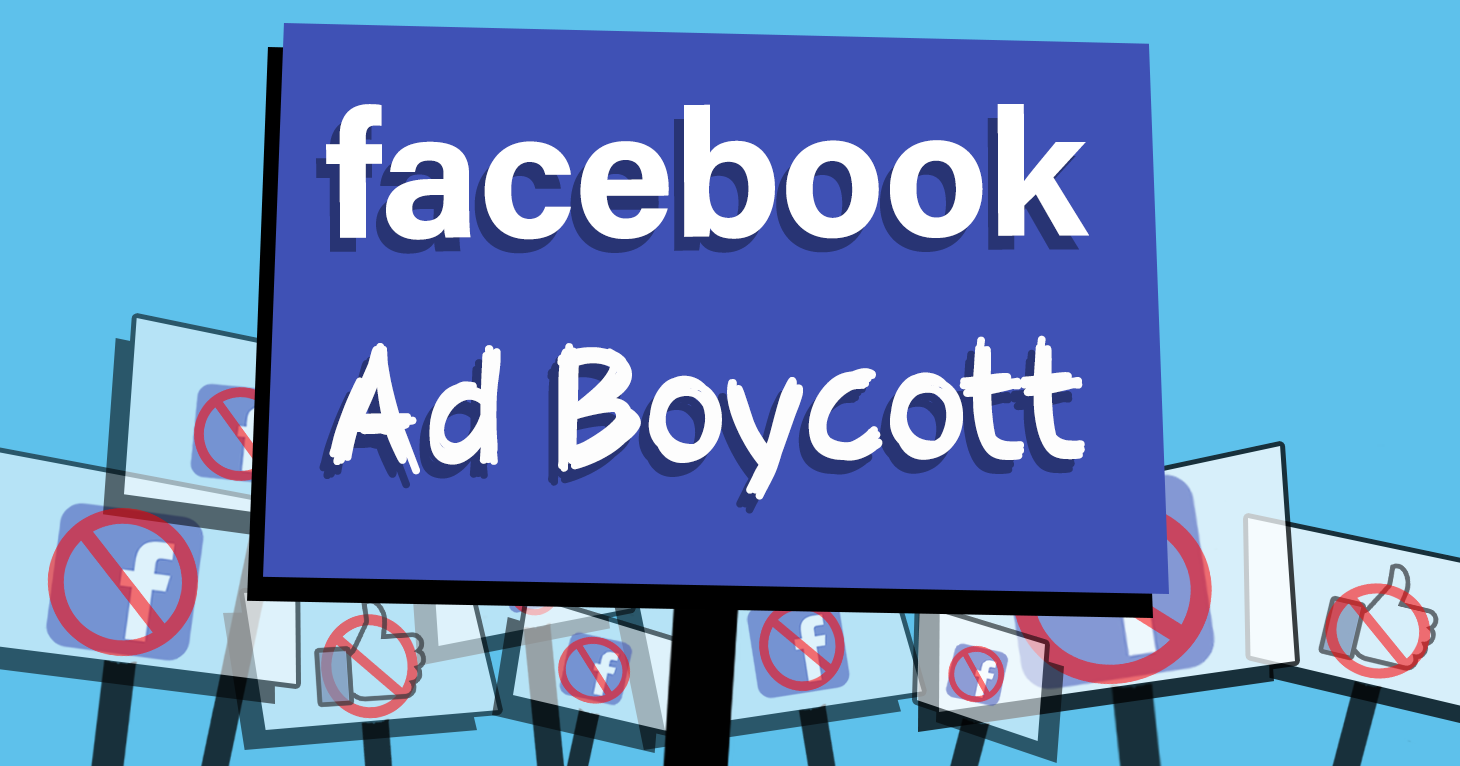
TINA’s Take: The Paid Ads Left Out of the Facebook Ad Boycott
It’s disingenuous for brands to suggest they are boycotting a platform and then still run ads on that platform.
Brands and their paid endorsers cash in at the music festival, sans disclosure.
In a recent interview with Forbes, Michael Mente, co-founder of the designer apparel brand Revolve, discussed the importance of an event like Coachella — an annual music and arts festival held in the Californian desert that is now in its second weekend — in reaching the online retailer’s target demographic. Mente said:
Coachella, and more broadly festivals, have become the new fashion week for millennials. It’s authentic, experiential; an environment where everyone is expected to have fun and push the envelope with their fashion choices. So for us, it’s actually become something that’s much more interesting, and gives us more opportunities to showcase our brand than a traditional venue like New York Fashion Week.
Indeed, the stylish, well-to-do millennial who has the resources to attend Coachella (it’s $400 just to get in, not to mention the cost of travel, lodging, etc.) is the prize.
But Revolve has competition. In fact, several brands have already sought to spin what Mente refers to as the “authentic” and “experiential” attitude at Coachella into advertising gold. The method of choice for many has been influencer marketing, which often blurs the line between commerce and reality. (Last year, Revolve, arguably the king of influencer marketing at Coachella, reported $1 billion in sales and attributed nearly two-thirds of that to their vast army of influencers who utilize events like Coachella to promote the products.)
But the FTC has made clear that brands and their paid spokespeople need to be upfront when a social media shoutout serves as part of an agreement between two business partners. If an individual has a material connection with a brand — be it the receiving of free goods or services, or direct payment for posting about a product — then that individual needs to make that clear (i.e. unmistakable language that indicates the post is paid) and conspicuous (i.e. placement of the disclosure where a viewer won’t miss it) to his or her followers.
As festivalgoers gear up for the final round of Coachella this weekend, TINA.org has taken a look at companies and influencers pitching the Coachella essentials of fun makeup, stylish outfits, and boozy refreshments, that have fallen short of adequately disclosing endorsement deals.
Too Faced
First up is Too Faced, a cosmetics brand that has previously run into deceptive advertising issues for over-inflating the power of its Better than Sex mascara. Music festivals, and Coachella in particular, give gals an opportunity to test out some wild makeup trends. In the second of the two posts below, beauty influencer Megs Cahill (nearly 38,000 Instagram followers) gives an undisclosed shoutout to Too Faced for assisting in creating her fun festival look:
Absolut
An official sponsor of the festival, Absolut vodka enlisted influencers including Alex Michael May and Caroline Juen (who runs the Instagram account Love and Loathing LA), as well as musician Jeffery Austin to promote the booze at Coachella. The influencers, whose follower counts range from 20,000 to 40,000, broadcast themselves letting loose at the brand’s sponsored event. And while each of the three below make some attempt at disclosure, the FTC would likely say that placing #sponsored at the very end of a lengthy caption, or an ambiguous shoutout like “thanks for the hookup,” would not pass the agency’s “clear and conspicuous” standard:
Avion
Next up, Avion tequila which recruited, among others, popular fashion and travel influencer Helen Owen to shill for the brand. Owen, who boasts more than 1.3 million followers on Instagram, churned out both a standard post on the Instagram platform as well as a shoutout in her Instagram story (note: an Instagram story is a collection of pictures and videos that disappears after 24 hours.) And while she notes a material connection with the brand in the standard post using #partner (as well as the “in paid partnership” feature which the FTC has stated alone may not rise to the clear and conspicuous standard), the disappearing story shoutout features no such attempt at disclosure.
Standard Instagram post (includes some form of disclosure):
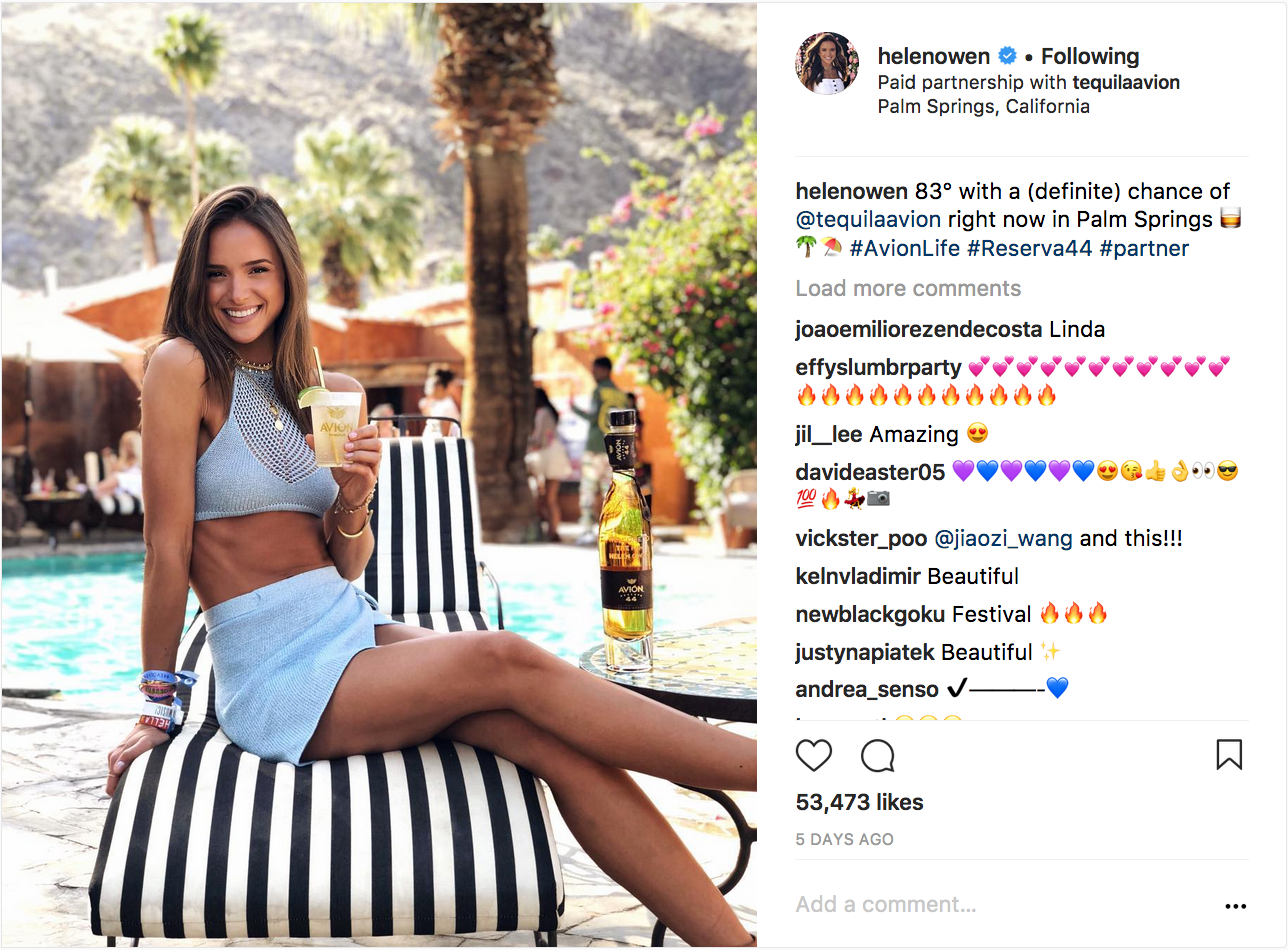
Disappearing Instagram story (no disclosure):
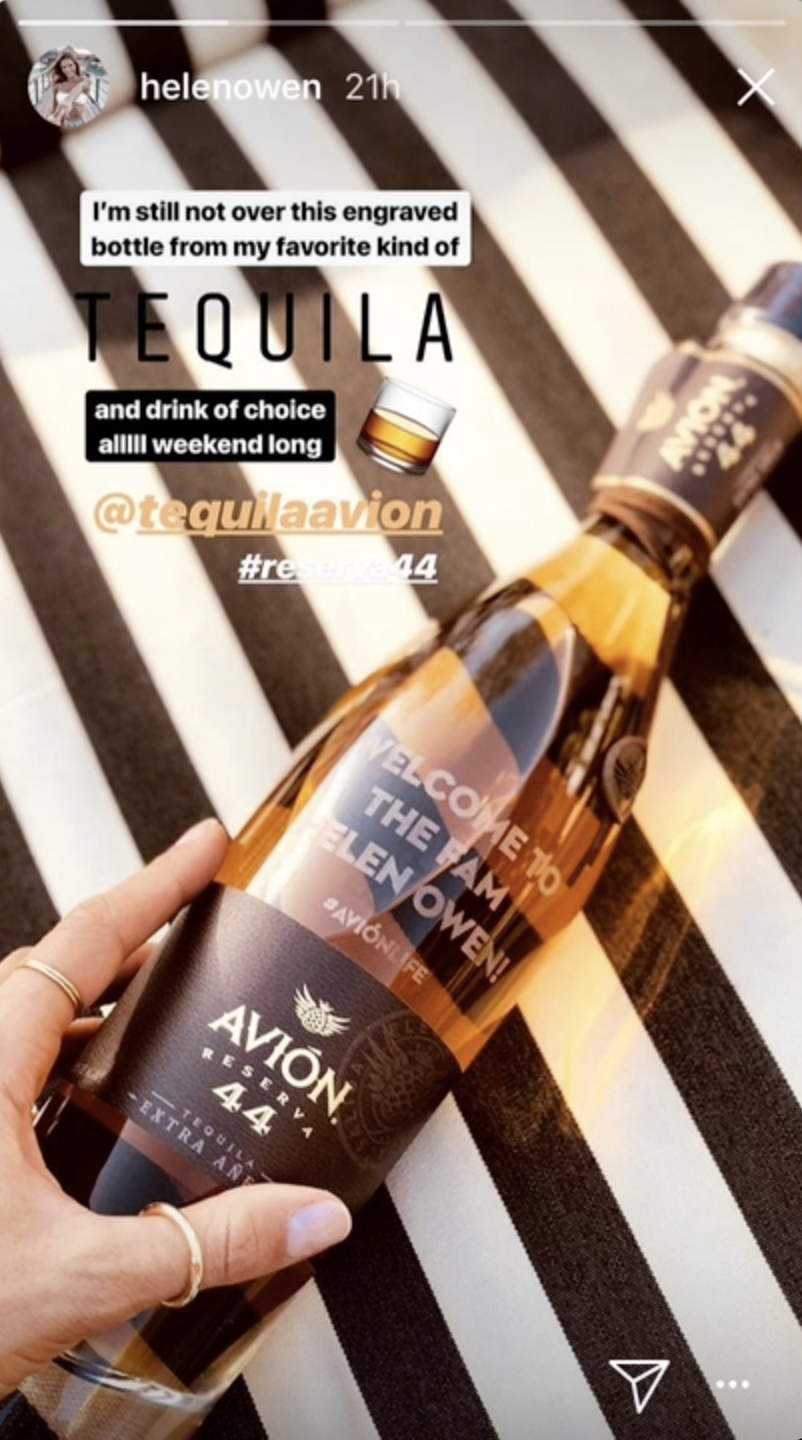
Ciroc
Rounding out the adult beverages, we have Ciroc vodka, which was among the targets of a recent TINA.org investigation involving DJ Khaled. Ciroc teamed up with Revolve to be a featured beverage at the clothing company’s “Revolve Festival,” a multi-day party at a nearby hotel the clothing giant rented. Actress/singer Adrienne Bailon (over 3 million followers), fashion and travel influencer Devin Brugman (over one million followers), and actress/DJ Thando Thabethe (over one million followers) all snapped pics of themselves sipping on Ciroc and/or tagging the brand. While it seems as though Ciroc made DJ Khaled clean up his act, the message may have gotten lost somewhere along the way to Coachella, where one can find numerous influencer posts that lack disclosure.
Revolve
Which brings us back to Revolve, the “headlining act” of influencer marketing at Coachella. The company hosted its “Revolve Festival” and invited models, actors, actresses, and musicians to make a (contractually obligated?) appearance at the bash. Influencers, such as model and Victoria’s Secret Angel Elsa Hosk, travel and fashion influencer Helen Owen (mentioned above hawking Avion tequila), and 2012 Miss Universe Olivia Culpo, all posted about the #revolvefestival while wearing clothes from the retailer. These posts, all lacking disclosure, reached a wide audience as each woman boasts between one and four million followers on Instagram:
We’re sure it’ll be more of the same undisclosed influencer posts this weekend. We’ll be keeping an eye on them. Maybe the FTC will be too?
It’s disingenuous for brands to suggest they are boycotting a platform and then still run ads on that platform.
CGI influencers are here.
A review of TINA.org’s work exposing deceptive marketing tactics by social media influencers.
